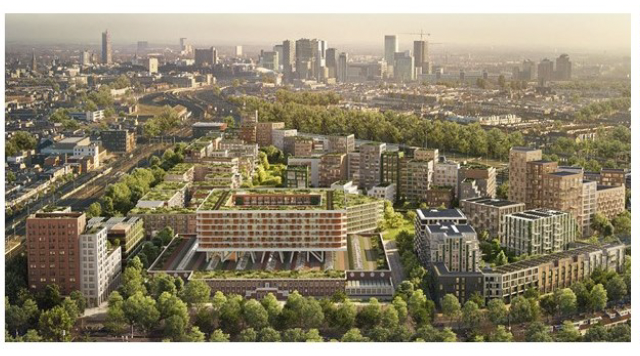This thesis concludes Femke Mureau’s Master of Science in Transport, Infrastructure and Logistics at TU Delft. In response to the growing challenge of urban densification, this research investigates how residents of low-car neighbourhoods adapt to sustainable mobility measures, particularly when they did not actively choose such living environments. Focusing on the case of Cartesius in Utrecht, the study examines whether behavioural shifts occur regardless of residential self-selection. By distinguishing between self-selected and non-self-selected residents, the research explores the role of the built environment in shaping travel behaviour. These insights contribute to understanding the effectiveness and long-term viability of low-car urban developments.

Author: Femke Mureau
Publication date: 2025
